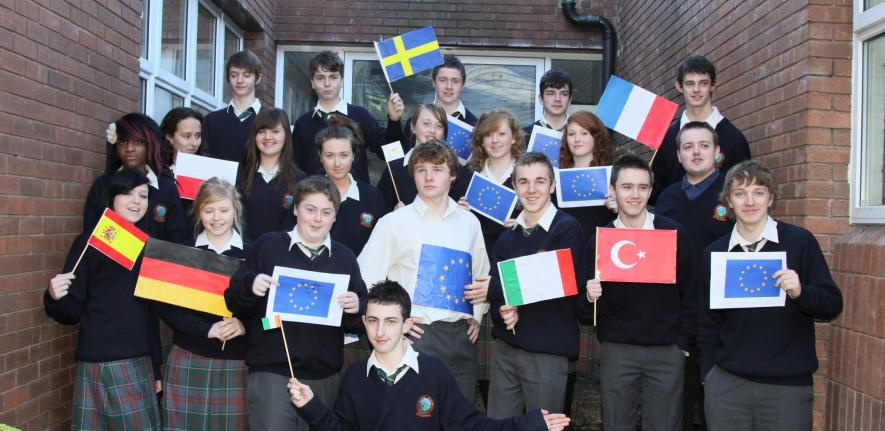
Global AND Local!
The world of education is and should be a constantly evolving endeavor of discovery, experimentation, application, collegiality and reflection. This evolution means that over the last three decades education has been ‘strongly affixed to global norms and rules about what education is and how schools should operate’.i
As such, in a growing number of education systems the globalization of education has ensued, whereby reforms in curriculum, pedagogy and assessment have occurred to appease national mandates to become more globally competitive.ii Yet globalization as an outcome, especially within education, remains a contentious issue. This article presents discussion that responds to this contention through exploration of the concept of glocalisation as a means to promote both the global and local in the education of our young people. The development of an education leader’s glocal literacy will be discussed, along with the actions of an education leader to glocalise her learning community, as well as macro/meso/micro level examples of glocalisation within a school.
Globalisation of education
Preparing for uncertainty- Globalisation is the notion that the trends of the last half century have created a world in which people - our governing institutions, cultures and markets - are increasingly interconnected.
Cifuentes-Goodbody, 2018iii
Globalization manifests in ‘the movement of ideas across local contexts’.iv As the world becomes smaller through increased investment in, access to, and reliance on technology to inform and enhance our daily lives, the education sector is not immune to the effects of this movement. Nor should it be. The perceived benefits of globalizing our schools and the curricula and pedagogies utilized within, stems from a desire to prepare our young people to be agile in response to uncertainty, to expand their vocational potential and to empower them to recognize the opportunities that lie within diversity. As stated by Sanderson:
‘Education… needs to equip us better for life and work in a world where the dynamic associated with traditional national borders, whilst still a powerful agent of separation and regulation, is itself subject to change. This is particularly so with reference to the cross-border flows of culture, people and ideas.’v
Any resistance to a world that is coming together, as Reimer writes, ‘will exacerbate tensions, and cause us to miss many opportunities to collaborate along lines of difference in improving the world.’vi As such, a growing number of education systems around the world now act as mediums for globalization and as incubators of its agents.vii Furthermore, from an education policy perspective, globalization has strengthened the influence of international organisations such as UN, World Bank and OECD and their shaping and constraining of a country’s education policy options.viii